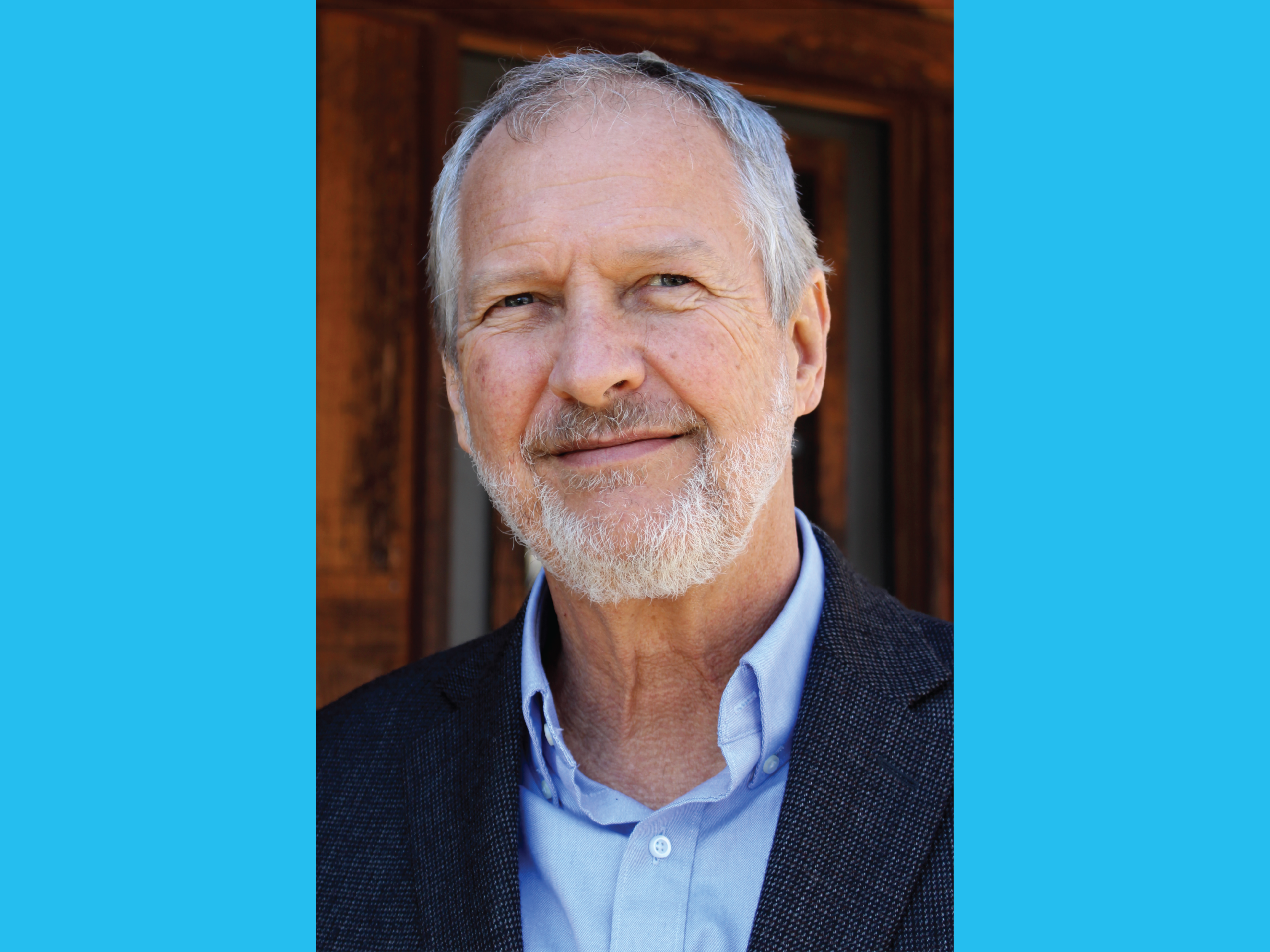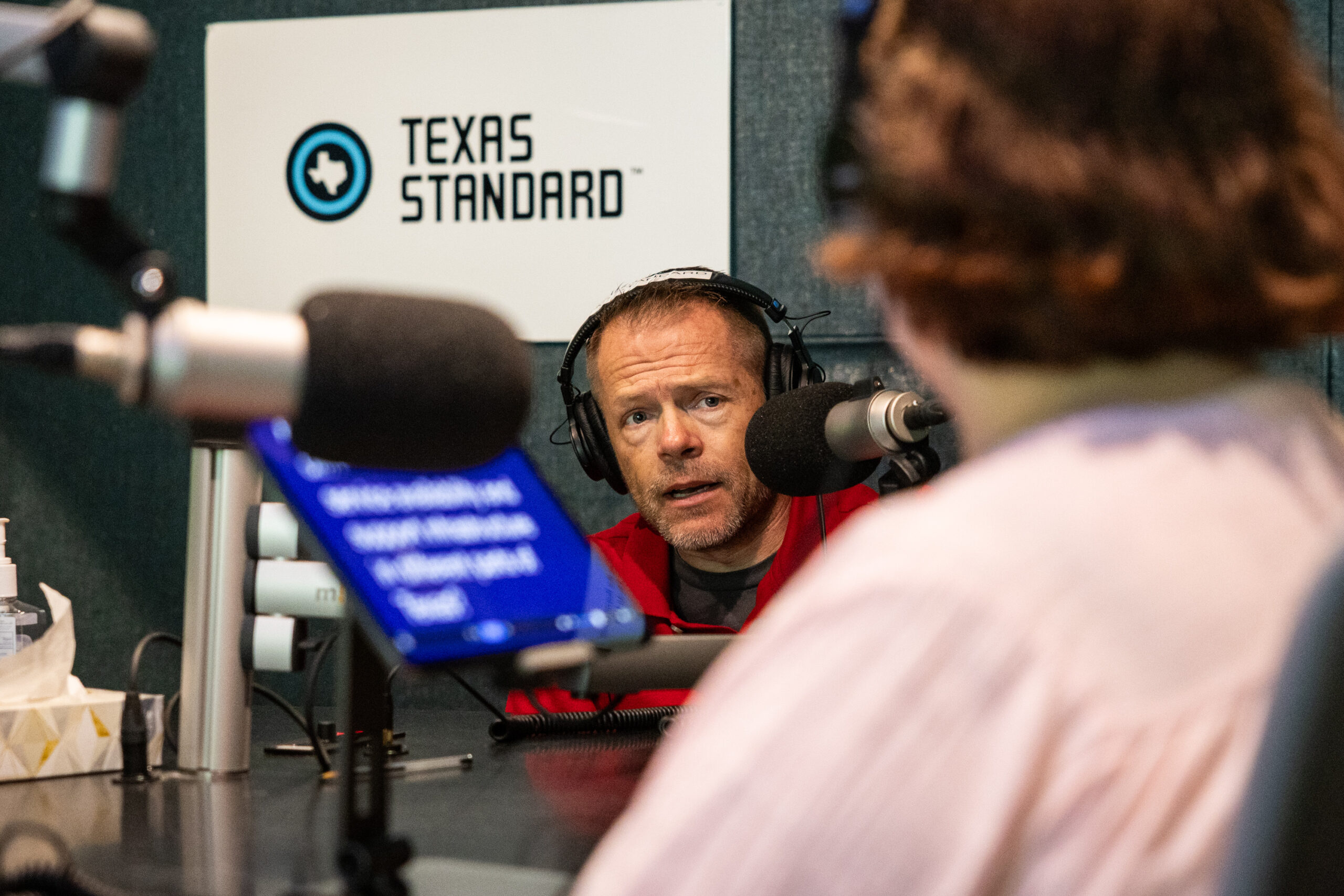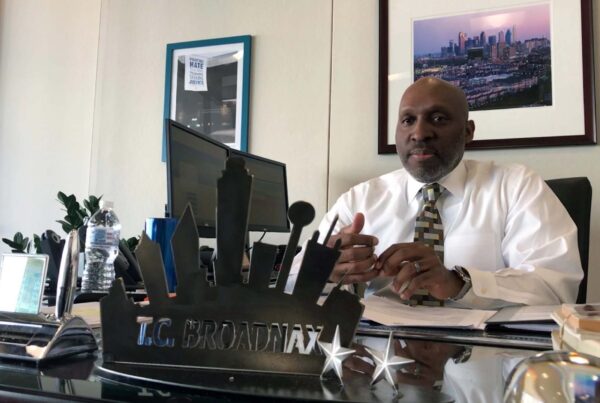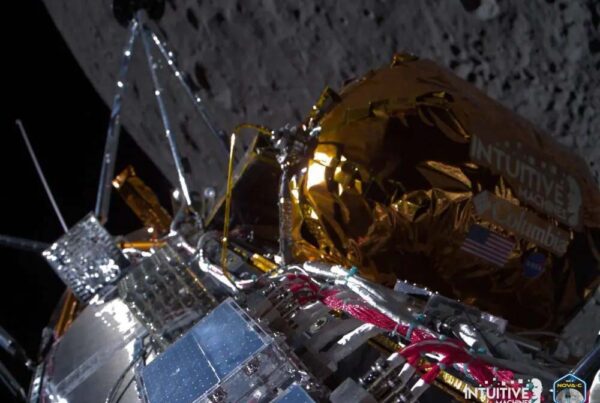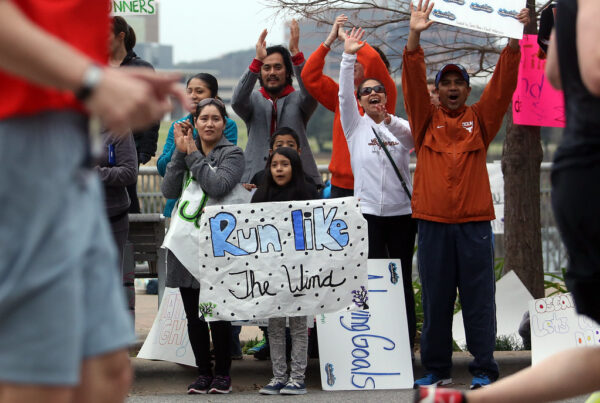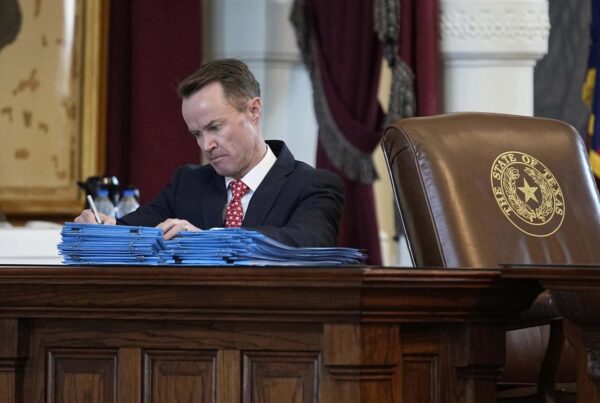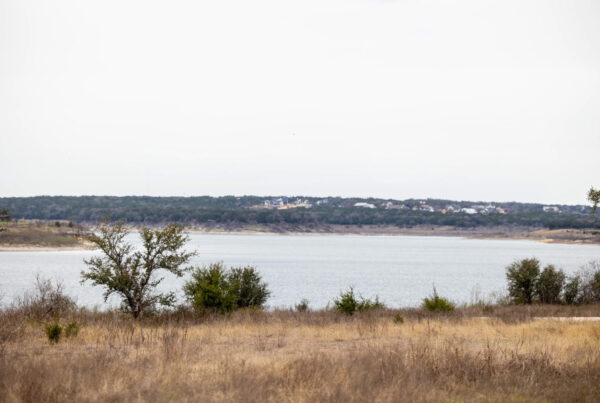It’s been 24 years since Dennis Borel took the helm at the Coalition of Texans with Disabilities.
During his tenure as executive director, the CTD has advocated for public policy empowering people with all kinds of disabilities. The organization has also celebrated disabled Texans’ contributions to arts and culture. Borel announced his retirement earlier this month.
A statement from CTD reads in part, “The right and ability to make choices about one’s own life based on individual wants and needs is central to living a self-determined life, and it is a core value that has guided Dennis’ work.”
Borel told the Standard that much progress has been made in advocacy for and by Texans with disabilities, but that more is needed. Listen to the interview above or read the transcript below.
This transcript has been edited lightly for clarity:
Texas Standard: How have you been taking stock of these years? I mean, has it sunk in yet?
Dennis Borel: Yes, it has. Because while the announcement was just very recent, I had informed my board probably about six months ago.
And as you can see – though your readers or your listeners cannot see me – you’re looking at me and you know this was not an early retirement. So I’ve been somewhat planning for it and planning the organization for it. And my small, but excellent, staff – they will carry this work forward.
The Coalition of Texans with Disabilities has a sort of unique place in the disability community. So many other organizations focus on a particular disability group or an issue. But CDT joins many of these organizations together, sort of like a hub, almost. How have you thought about managing so many issues and interests when you communicate about public policy? I think that’s going to be an important consideration for your successor.
Yeah, certainly is.
And by the way, my successor is Chase Bearden, who is currently the deputy executive director and will assume the executive director role on April 1. He’s been there more than 15 years. So he’s a veteran.
So how do you deal with a cross-disability environment. Well, I think it works actually better than a lot of single-issue kinds of things.
And one of the wonderful things about the Coalition of Texans with Disabilities is we have access to incredible experts – experts with lived experience, with public policy experience. It can focus on, what do children with autism need? What do paralyzed veterans value most? What does the ADAPT community and their efforts on community services and support value the most? And we can pull all those things together.
We have, again, a small staff, but access to many, many experts.


